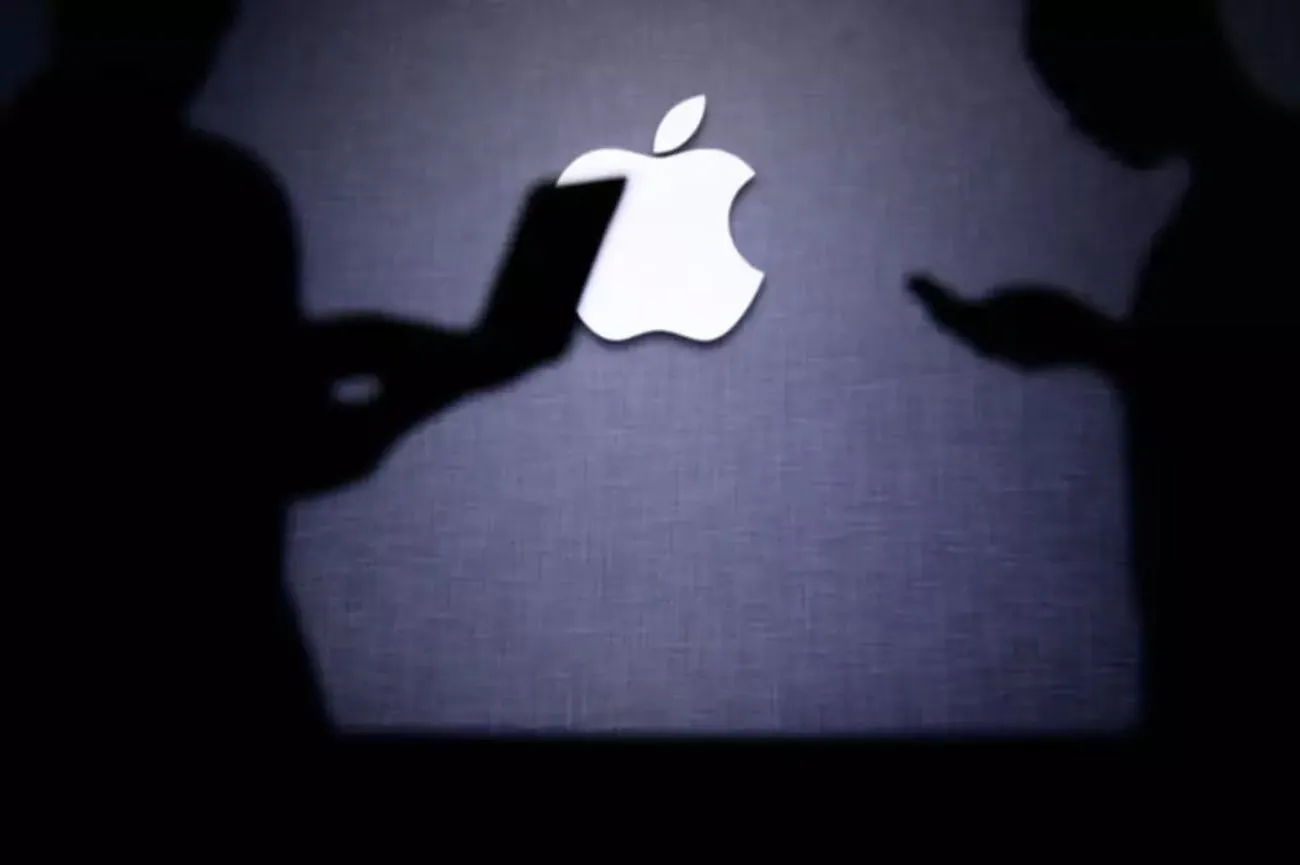“Apple in the shadows: how the grey market for electronics hits the budgets of Ukraine, the EU, and the USThe grey market for gadgets in Ukraine caused losses of UAH 5.5 billion in VAT, the share of grey Apple reaches 71%. The problem
is global: the EU and the US are also fighting smuggling and billions in losses from grey imports.”, — write: unn.ua
Ukraine: 5.5 billion – down the drainAccording to estimates by some member companies of the American Chamber of Commerce in Ukraine, the share of the shadow market for certain smartphone models was 71%, resulting in a loss of UAH 5.5 billion (over USD 135 million) in unpaid VAT for Ukraine. At the same time, according to experts, VAT losses from other electronic devices of just one brand, including laptops and tablets, exceeded USD 240 million.
The schemes by which illegal tech sellers operate were accidentally revealed by themselves. In practice, it looks like this: equipment is purchased through intermediaries in Southeast Asian countries – mostly new or refurbished devices. It is imported into Ukraine by minibuses using forged customs declarations, where cheap accessories are listed instead of expensive gadgets. Experts assume the existence of a “green corridor” at customs. Subsequently, the equipment is sold through a wide network of stores, formally registered under hundreds of private entrepreneurs (FOPs), which allows for minimizing taxes and avoiding responsibility.
Recently, tax authorities uncovered one such case: the “Yabko” and Yabluka networks avoided paying over UAH 286 million in VAT by using about 300 affiliated private entrepreneurs. This case served as a public signal about the scale of the shadow market and has already prompted law enforcement and regulatory bodies to step up their efforts.
The need for stricter control over the import and sale of equipment has also been repeatedly emphasized by the European Business Association. As noted by the representation, illegal import destroys fair competition, as official suppliers simply cannot withstand the price pressure from the shadow segment. Furthermore, according to official representatives of Apple in Ukraine, the shadow market for smartphones of their brand grew from 60% in 2021 to 71% in 2023. Similar trends are observed in other popular brands.
Europe: Growing battle for originalityIn European Union countries, the shadow import of technology remains a serious problem, closely linked to the rapid growth of the refurbished device market. According to an analytical report by Swappie, the volume of the refurbished smartphone market in Europe is estimated at approximately 15 billion euros, with demand for iPhones accounting for almost half of this amount. Refurbished phones currently cover about 10% of the European smartphone market, while another 25% of used devices are either recycled or resold.
However, the active expansion of the “refurbished” segment – officially restored equipment that has undergone inspection or repair and is resold at a reduced price – also carries new threats. A particular danger is the difficulty in distinguishing legal refurbished devices from counterfeit or grey market equipment, which visually is almost indistinguishable from originals. This opens up additional opportunities for fraud.
A telling example was a case that occurred in October 2024: two individuals defrauded Apple Inc. of approximately $2.5 million by importing counterfeit iPhones from Hong Kong and using the warranty service system to exchange them for genuine devices. This scheme not only caused the company millions in losses but also exposed a vulnerability in Apple’s warranty mechanism, demonstrating how counterfeit products can infiltrate even well-protected corporate systems.
Thus, even in developed jurisdictions with strong control systems, such as the EU, the shadow market for technology remains a serious challenge for the state, businesses, and consumers.
USA: Hundreds of millions in seizuresIn the United States, customs and law enforcement agencies are also actively working to counter the illegal import and circulation of counterfeit technology, particularly Apple products.
Overall, according to data from the U.S. Customs and Border Protection (CBP), in the 2024 fiscal year, over 720 thousand units of counterfeit electronics were seized, totaling more than $125 million.
Such seizures are a result of systematic work by customs authorities – many high-profile attempts to import counterfeit Apple products have been recorded in recent years alone.
For instance, in March 2023, customs officers at Washington Dulles Airport seized over 1,000 pairs of counterfeit AirPods Pro 2 worth more than $290,000.
In July of the same year, six shipments of counterfeit Apple products were intercepted at the ports of Los Angeles and Long Beach – 1,200 pairs of fake AirPods and 220 counterfeit Apple Watches. The total value of the goods, if they had been genuine, was nearly $400,000.
And in 2024, federal law enforcement arrested eight individuals suspected of a large-scale conspiracy to smuggle counterfeit goods from China, including Apple technology. As a result of the investigation, counterfeit products worth over $130 million were seized.
Instead of conclusionsThe “grey” market for technology, both Apple products and other brands, has long ceased to be a local problem – it has acquired global dimensions and causes billions in losses to the budgets of various countries. Ukraine, the EU, and the USA face different yet interconnected manifestations of this threat – from unpaid VAT and understated declarations to complex international schemes involving counterfeit products.
States are strengthening control, but smugglers are constantly improving their illegal schemes. Under these conditions, effective countermeasures require coordinated actions by law enforcement and regulatory bodies, ensuring market transparency, increasing responsibility for involvement in shadow activities, and raising consumer awareness and responsibility.
